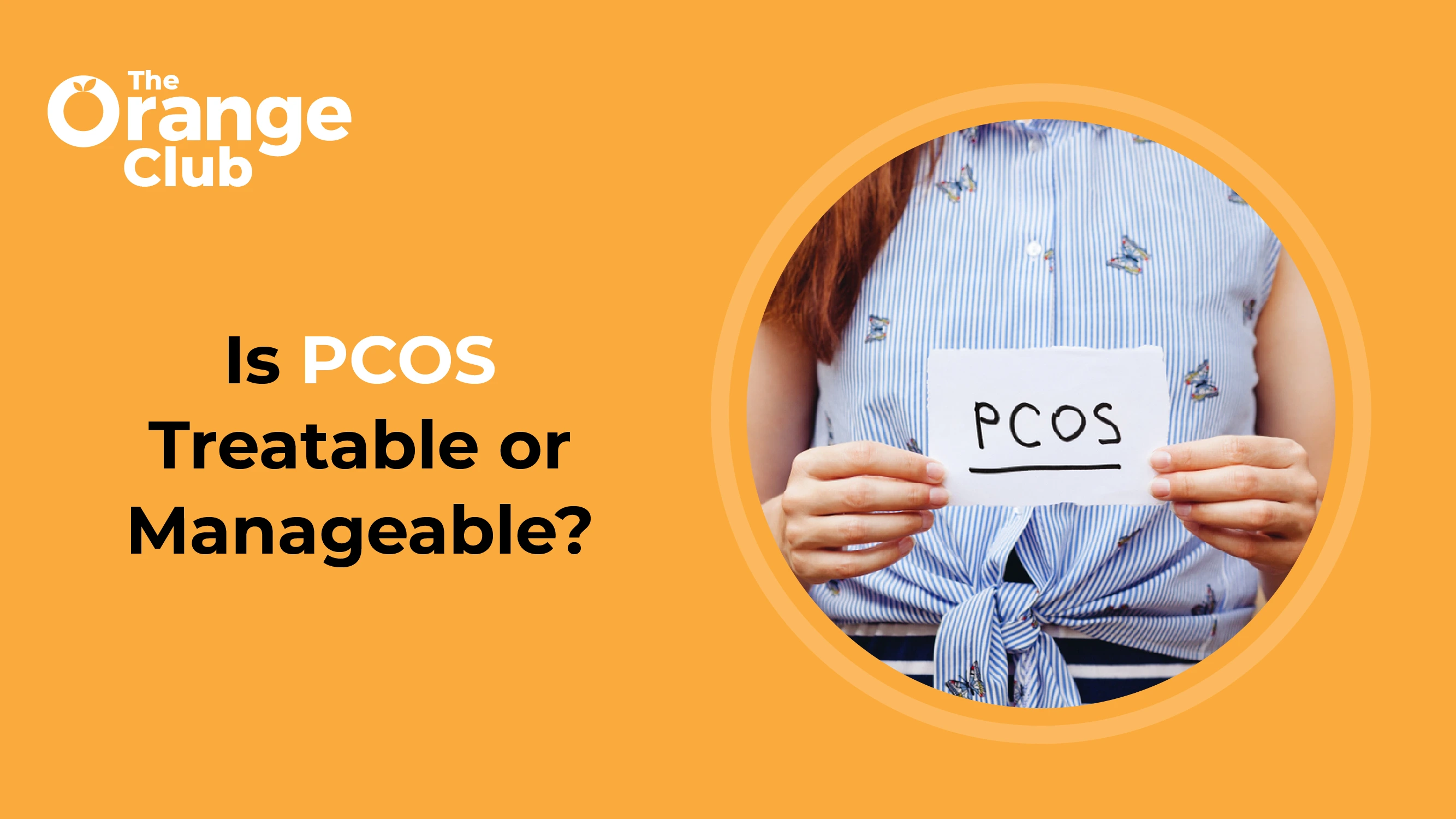Search for tests or checkups
SupportDo I Need Genetic Testing for Breast Cancer?

Advances in healthcare are giving us more ways to understand and manage our health. One such tool is genetic testing for breast cancer, which can help identify if someone has a higher chance of developing the disease due to inherited gene changes. This testing is especially useful for people with a strong family history of breast or ovarian cancers. But how do you know if it is right for you?
What Is Genetic Testing for Breast Cancer?
Genetic testing looks for changes in certain genes, most commonly BRCA1 and BRCA2. These genes normally help repair DNA and protect the body against cancer. If they carry mutations, their protective effect is reduced, which may increase the likelihood of cancer over time.
The process itself is simple. A blood or saliva sample is taken and analyzed to see if any gene changes are present.
Who Should Consider Genetic Testing?
Not everyone needs genetic testing. It is most recommended for people who meet specific criteria, such as:
- Having several close relatives with breast or ovarian cancer, especially if diagnosed at a younger age.
- A personal history of breast cancer before age 45, or triple-negative breast cancer at a young age.
- A close family member already identified with a BRCA mutation.
- Family history of related cancers such as male breast cancer, pancreatic cancer, or high-grade prostate cancer.
- Belonging to groups known to have higher rates of BRCA mutations. In India, ongoing research is building a clearer picture of risk across populations.
Genetic counseling is usually recommended first, so individuals can decide if testing is the right step.
Benefits of BRCA1 & 2 Genetic Testing
Knowing your genetic status can help you take informed steps, such as:
- More personalized screening: Mammograms or MRI scans can be scheduled more frequently.
- Preventive options: Some people consider surgeries or medicines that lower risk.
- Guided treatment choices: Certain therapies work more effectively in people with BRCA mutations.
- Family planning: Relatives may choose to get tested as well.
How Common Are BRCA Mutations in India?
Research shows that between 9 and 25% of familial breast cancer cases in India are linked to BRCA mutations. Breast cancer also tends to be diagnosed at younger ages here, which makes awareness and early testing valuable for many families.
What to Expect During the Testing Process
- A healthcare provider or genetic counselor reviews your family and personal medical history.
- A blood or saliva sample is collected.
- Results are usually ready within three weeks.
- A genetic counselor explains the results and discusses next steps.
Things to Keep in Mind
- A positive result does not mean cancer is certain, only that risk is higher.
- A negative result does not completely rule out risk. Regular screenings remain important.
- Counseling before and after testing helps you understand the medical and emotional aspects.
- While cost and access can still be barriers in India, availability is improving steadily.
Key Takeaway
BRCA1&2 testing for breast cancer is not for everyone, but it can provide valuable guidance if you have a personal or family history that suggests higher risk. It helps you make proactive choices about screening, prevention, and treatment. Speaking with your doctor or a certified genetic counselor is the best way to know if testing is suitable for you.

What Really Triggers Heart Attacks and Cardiac Arrests?

Can PCOS Be Treated or Only Managed?
